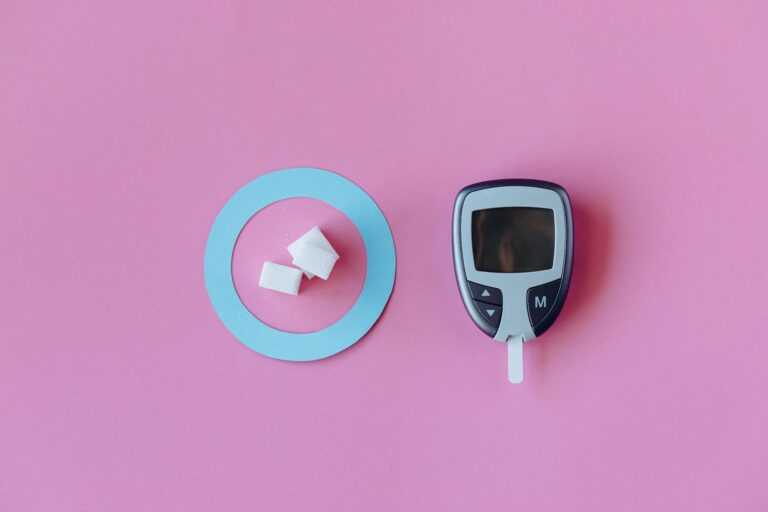Zinc is a mineral that is essential for our overall health and well-being. It plays a crucial role in various bodily functions, including growth and development, immune system function, and wound healing. However, recent studies have also shown that zinc may have a potential role in brain health, making it an important nutrient to consider when it comes to our mental well-being.
Before we dive into the potential benefits of zinc supplementation for brain health, let’s first understand what zinc is and how it affects our body. Zinc is a trace mineral, meaning it is only needed in small amounts, but it is critical for maintaining optimal health. It is found in high concentrations in the brain, particularly in the hippocampus, which is responsible for memory and learning. Zinc also acts as a powerful antioxidant, protecting our cells from oxidative damage.
So how does zinc supplementation affect our brain health? Several studies have shown that zinc plays a vital role in cognitive function and can potentially improve memory and learning abilities. One study published in the Journal of Nutrition found that zinc supplementation improved cognitive function and enhanced memory and attention in older adults. Another study conducted in children with attention deficit hyperactivity disorder (ADHD) showed that zinc supplementation improved attention and reduced hyperactivity.
Aside from cognitive function, zinc supplementation has also been linked to mood regulation. A study published in the Journal of Psychopharmacology found that zinc supplementation improved mood and reduced symptoms of depression in young women. This is because zinc plays a crucial role in the production and regulation of neurotransmitters, such as serotonin, dopamine, and GABA, which are responsible for regulating mood and emotions.
But the benefits of zinc supplementation for brain health don’t stop there. Research has also shown that zinc may play a role in preventing or slowing down neurodegenerative diseases, such as Alzheimer’s and Parkinson’s disease. A study published in the Journal of Alzheimer’s Disease found that zinc deficiency was associated with an increased risk of Alzheimer’s disease. Furthermore, zinc has been shown to have neuroprotective effects, protecting brain cells from damage and potentially slowing down the progression of neurodegenerative diseases.
So how can we ensure that we are getting enough zinc for optimal brain health? The recommended daily intake of zinc varies depending on age, gender, and life stage, but on average, adults need around 8-11 mg of zinc per day. Foods rich in zinc include oysters, beef, pork, chicken, beans, nuts, and whole grains. However, if your diet is lacking in these foods or if you have a condition that affects zinc absorption, such as celiac disease or Crohn’s disease, then supplementation may be necessary.
It’s important to note that while zinc supplementation can have potential benefits for brain health, it should not be relied upon as a substitute for a healthy diet. A well-balanced diet that includes zinc-rich foods should always be the first line of defense when it comes to maintaining optimal health. However, for those who may be at risk of zinc deficiency or have a condition that affects zinc absorption, supplementation may be a helpful addition to their routine.
When considering zinc supplementation, it’s also essential to speak with your healthcare provider first. They can help determine if supplementation is necessary and provide guidance on the proper dosage and form of zinc for your specific needs. Zinc can be found in various forms, including zinc gluconate, zinc acetate, and zinc citrate. Each form may have different absorption rates and potential side effects, so it’s crucial to consult with a healthcare professional before starting any new supplement.
In conclusion, zinc is not only essential for our physical health but also for our mental well-being. Its potential role in cognitive function, mood regulation, and the prevention of neurodegenerative diseases makes it a mineral worth considering for brain health. But as with any supplement, it’s essential to consult with a healthcare professional first and prioritize a balanced diet for overall optimal health. With the right approach and proper guidance, zinc supplementation can be a valuable addition to our daily routines in supporting our brain health.





